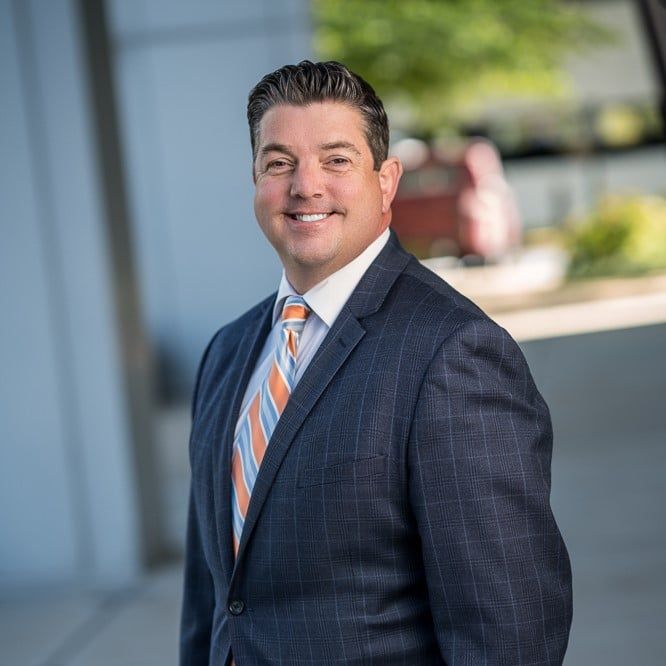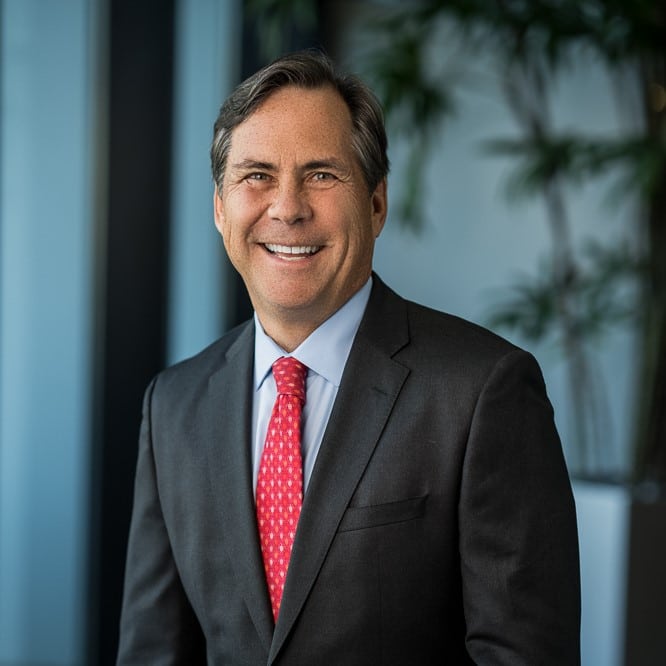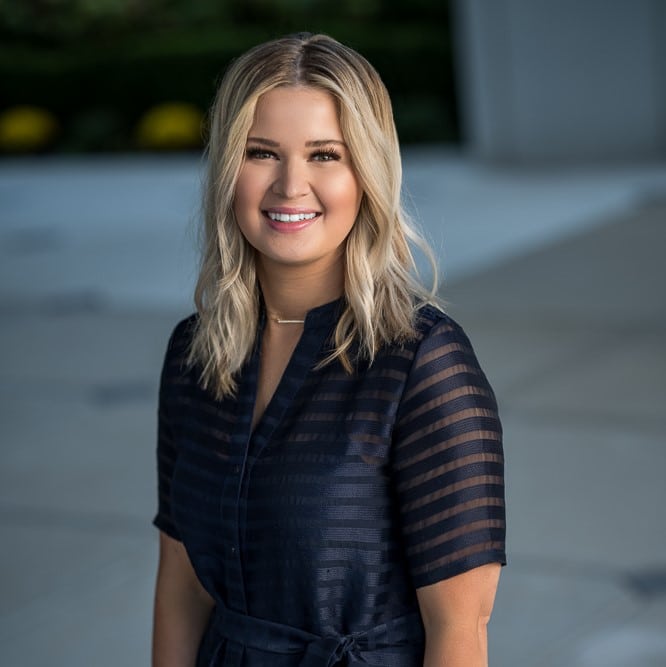It’s more atypical for someone to achieve their retirement goals without a plan and the discipline and resources to navigate through it. Skill and insight are required, but the importance of well-established habits and monitoring progress can’t be understated. The same is true in many other aspects of life.
Pilots, for example, need special skills to do their job. They also know that certain disciplines are required to assure a safe arrival to their planned destination. Following a flight plan, performing a pre-flight checklist and monitoring gauges are all part of the trip. It’s not just about skill. They follow a routine.
The same is true for those who want to arrive at their financial destination. You need a plan. You also have to work through the routines related to the plan. Part of the routine is monitoring certain aspects of your financial life. Fortunately, you don’t have to fly solo. Your advisor and related team of professionals, plays a critical role in your long term success.
If planning and monitoring progress are important, what part do you play and what part does your advisor play? When you are clear about those roles, you’re in a much better position to maximize the benefits of that relationship.
Your Role as a Client
Choose your destination: This isn’t something your advisor can do for you. You are the only one who knows what’s truly important to you, and what defines your intermediate and long term goals. Where do you want to land, and when? With a well-crafted plan and solid follow-through, you might end up with more options and freedom in your retirement years than you thought possible. (See: Your Money and Your Retirement Dreams)
Communicate regularly: Your process for monitoring your financial life should include a regular pattern of communication with your advisor. The bare minimum of frequency is once every year. A better pattern, depending on your situation, is two or three times every year. Those conversations serve as an opportunity to track progress relative to your goals and to keep the proper framework in perspective. Those talks also serve as a way to do a check-in regarding your mindset. It’s not uncommon for life-changing circumstances to impact risk tolerance, for example. Your strategy might need to be adjusted to help you sleep better.
Finally, those check-ins are an opportunity for your advisor to help you make sure other critical pieces are in place, like estate planning, long term care planning and various other facets of a plan. Other members of your financial team may have to be involved in finalizing these initiatives, but your advisor is crucial in helping to identify and prioritize the pieces that need attention.
Report irregularities: Life throws curve balls. It’s a just a fact. Personal health issues, career changes and special needs among family members sometimes require a new flight path. These things have to be communicated with your advisor. Your plan might need to be modified to accommodate the new reality that presents itself. Sometimes it’s mixed news that rocks the boat. An unexpected inheritance or an increase in income that’s larger than anticipated are also good opportunities to revisit your goals and strategy.
Monitor your gauges: You have obvious regular responsibilities on your check list like balancing your checkbook, verifying your systematic savings habits, and monitoring loan balances and credit debt. But things get hectic in the rough and tumble of working, living and playing. Gas and grocery prices change. Small, regular expenses for the kids or grandkids start accumulating. Things like that might escape your notice.
At least once every year you should perform a review of your expense profile. You should have a handle on your monthly cash flow, knowing the breakdown between your fixed expenses and your discretionary spending. Your emergency cushion should also be monitored. A rule of thumb is to set aside three to six month’s worth of income. Set aside more if you are not yet retired and your job is particularly hard to replace.
Finally, monitor your net worth, at least on an annual basis. At Krilogy we have an online portal that’s very handy. Our clients can access a real time view of assets, liabilities and coded categories of spending.
The Role of Your Advisor
What you don’t know: When it’s not your field of expertise, one of the biggest obstacles in any long term endeavor is not knowing what you don’t know. Having the skills, tools and experience to navigate through the many aspects of retirement planning, your financial advisor plays a key role in monitoring the big picture. Here are some key aspects of their role:
- Identify pitfalls and opportunities that you can’t see as well
- Assemble a plan with milestones and measurements
- Help you stick to the plan with consistent discipline and adjustment, as needed
- Manage your portfolio in congruence with your long term goals
View the entire landscape: Your advisor is able to see the picture from a more objective vantage point. With the tools they have at their disposal, they have to ability to review possible or probable outcomes in light of certain global and individual factors.
Your advisor can adjust your plan for different risk profiles and help you manage your mindset regarding the plan. If, for example, you get too focused on rates of return over a certain time period, you might have lost sight of the long term impact related to contributions and withdrawals or the power of diversification. Another example relates to knowing when to take gains or add to undervalued investments.
Preparing for Conversations With Your Advisor
If you’ve been checking your gauges, preparing for a meaningful conversation with your financial advisor is easily done. Depending on the nature of your conversation, it will help to be prepared with the numbers related to:
- Last Estate Plan or Insurance review
- Mortgage Balance
- Other loan balances
- Personal account levels (savings, checking)
- Cash flow (broken out between fixed expenses and discretionary spending)
- Any changes in your plans, goals or mindset
Bottom Line
The best outcomes are achieved when clients work closely with their financial advisor and play a responsible role in working out the plan. It’s simply a matter of understanding your role and taking an active role in monitoring your financial life. It’s one of the most important pieces of the puzzle.



















